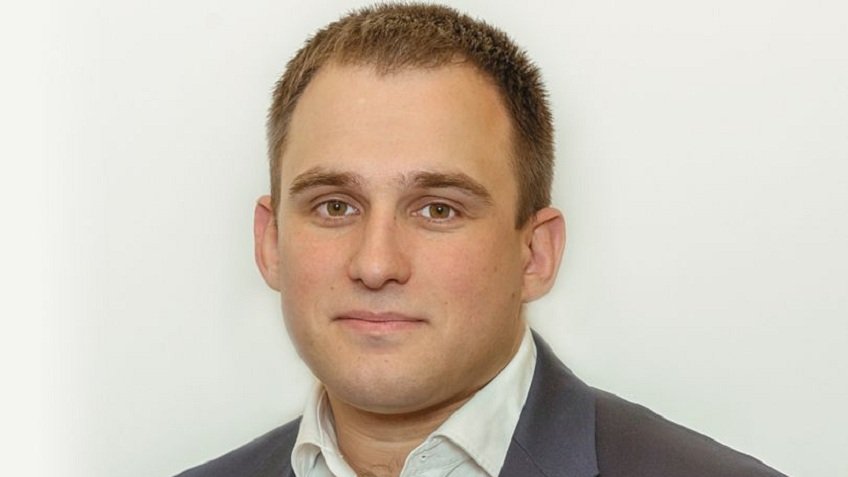Thammasat University, Rangsit Campus, decided to host the “Thammasat Sustainability Festival,” featuring special talks from prominent figures and various agencies in the community who have implemented innovative and creative environmental initiatives for sustainable development.
The sustainability festival was held during November 26-28, 2020. The morning session was the university’s “Open House” yearly event, following by the panel discussion with leading figures and experts in sustainable development. The main focus of the afternoon session was to promote sustainable development and inspire everyone to become a changemaker.
The main topic for each day focused on different aspects of sustainability. On the first day, it was about the “waste problem”, followed by “climate change”, and “taking action”. There was a mix of both public and private sectors among the audience and speakers throughout the three days.
There were also several interesting workshops like “Upcycling Fashion”, reviving waste materials as jewelry, gardening, organic green smoothie, natural oil soap workshop, and zero-waste cooking. There was also a “sustainable flea market” where people can buy the home-grown vegetables from the rooftop vegetable garden for a reasonable price.
These sessions aimed to provide inspiration for those who are ready to “give to the world” and take on difficult challenges. The festival also included hands-on workshops and fun activities at the 100 years Puey Park, where the largest Green Roof Urban Farm is located.
100 Years Puey Hall is four stories tall with the largest Green Roof Urban Farm in Asia. The main hall is without air conditioning and the wall is made using special bricks which significantly decreased energy consumption. The furniture used in the building is made of upcycled waste. The majority of the chairs in the lab are made from scrap metals, milk cartons, and plywood.
Not only does the building symbolize the “committed action” and is the place for ideas generation, but the roof of the building is also designed to reflect positive changes and sustainable development. The plants on the roof are not there merely for cosmetic landscape purposes or just preventing heat or absorbing carbon dioxide. The roof is designed to be an ‘edible landscape’ with vegetables and plants which are occasionally changed throughout the year.
Thammasat has always been proactive when it comes to environmental issues. The great examples are such as the “TU solar bus”, a solar-electric shuttle bus service, and “Term Tem”, a zero-waste store where students and staff can refill their soaps, shampoos, and many more consumable household products to reduce the use of plastic packaging. Many of the buildings on campus have solar panels installed which provide a huge volume of electricity for daily usage.












